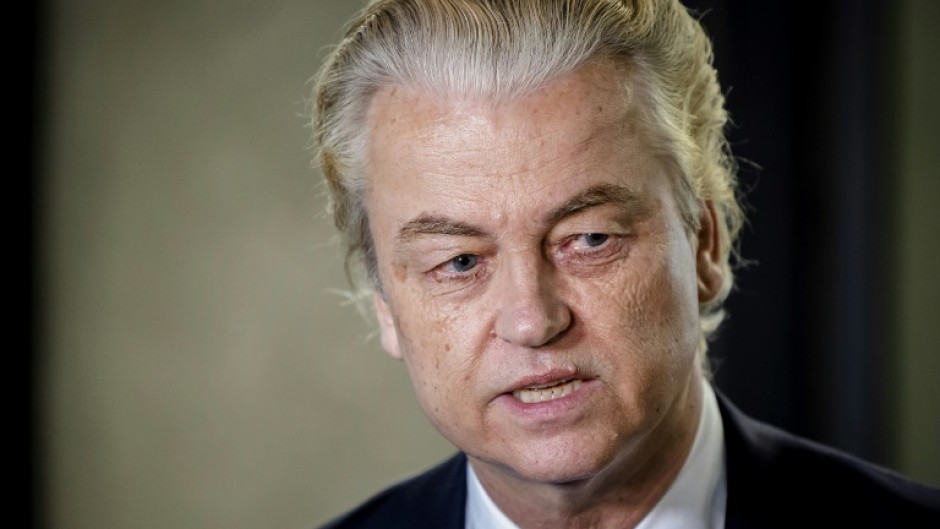THE HAGUE - Six months after Geert Wilders won a stunning election victory, squabbling politicians finally clinched an agreement Wednesday on a coalition government, said the Dutch far-right leader, who will not be prime minister.
"We have a negotiators' agreement," said Wilders, who had reluctantly agreed to give up his dream of running the European Union's fifth-largest economy amid widespread unease over his anti-Islam, anti-European views.
It was not immediately clear who would be prime minister to lead the right-wing coalition government and replace Mark Rutte, who is almost certain to be tapped as the new NATO secretary general.
"Discussions over the prime minister will be held at a later time," Wilders told reporters.
However, the main contender looks to be former education and interior minister Ronald Plasterk, who also played a key role in overseeing the initial talks.
Later on Wednesday, MPs for the four parties all gave their approval to the deal, the details of which were not immediately available.
In March, the four parties agreed to aim for a partially technocratic government made up of 50 percent politicians and 50 percent from outside politics.
The last time the Netherlands had such an "expert" government was in 1918 and it is not clear how it will work more than 100 years later.
After marathon talks on Tuesday, Wilders said it would be a "historic day" if his far-right PVV Freedom Party took part in a Dutch government for the first time.
The far-right has gained in elections across Europe but has struggled to translate votes into power as other parties refuse to work with them.
"It's a worrisome day. We now have a radical right-wing party under Wilders that finds itself at the centre of power in the Netherlands," said opposition leader Frans Timmermans from the Greens-Left alliance.

